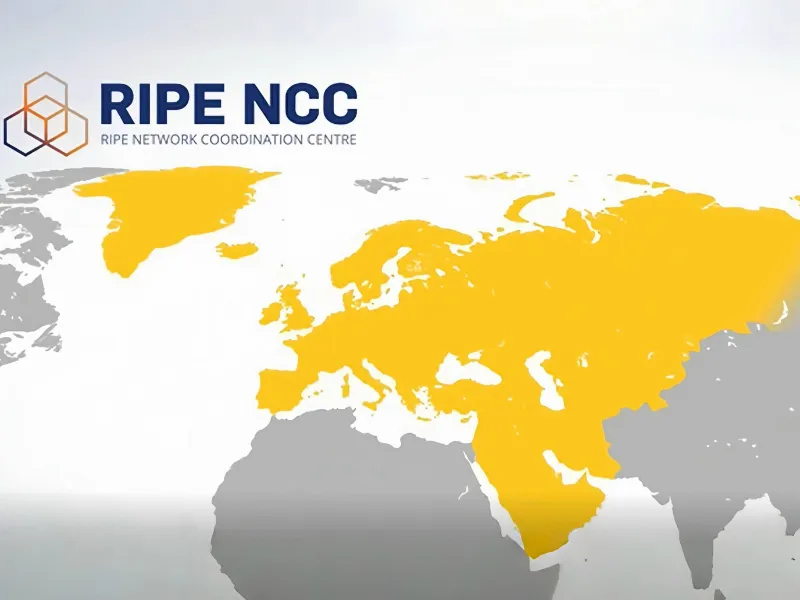- Kosovo’s regulator accused RIPE NCC of unfair treatment in internet governance and IP resource visibility.
- RIPE NCC says it follows international standards and cannot choose which territories to recognise.
What happened: RIPE NCC replies to ARKEP’s claims, saying it does not have the authority to decide on political matters or statehood
RIPE NCC has responded to formal complaints from Kosovo’s telecoms regulator, ARKEP. The dispute came after ARKEP said RIPE NCC failed to support Kosovo’s rights in managing internet resources. ARKEP said the organisation treated Kosovo differently from Serbia by not recognising Kosovo in its public data tools. It pointed to the RIPE Database, where Kosovo is not listed as a country, and argued this harms Kosovo’s visibility in the global internet system.
The issue was raised at the RIPE 88 meeting in Kraków in May 2024. RIPE NCC then released a public response stating that it works only as a technical body. It said it does not make decisions on legal or political recognition. The organisation explained that it uses international codes such as ISO 3166, which do not list Kosovo. It said it acts in line with the practices of other global technical bodies.
Also Read: Interview with RIPE member Kevin Meynell, on elections, community challenges, and the future of internet coordination
Also Read: RIPE NCC launches transparency portal for member accountability
Why this is important
The disagreement shows how internet governance sometimes meets political tension. Kosovo declared independence from Serbia in 2008, but not all countries recognise it. This affects how Kosovo is treated in international systems. When technical organisations follow United Nations guidance, territories like Kosovo often face limits. This affects how internet operators in Kosovo manage their IP addresses and routing. It also affects how other networks interact with them. These limits create real barriers for Kosovo’s digital growth and global integration.
RIPE NCC said it must stay neutral and follow global norms. It does not create its own list of countries. It uses lists accepted by groups like the ISO and IANA. This approach keeps consistency but may also prevent smaller territories from gaining full access to digital tools. ARKEP believes Kosovo deserves fair treatment. It wants to see Kosovo’s place clearly reflected in internet databases. The situation raises larger questions about whether technical bodies can remain separate from political matters. As internet services grow more important, these questions may become harder to avoid.

